Trademark Basics
Trademarks are an important business asset. Trademarks have different aspects. A trademark can function as a brand name to identify the goods or services provided by a business. Trademarks are also an aspect of the “goodwill†of a business, and can be important in business valuation
- A trademark identifies the source of the goods or services — A trademark must be used in connection with specific goods, and a service mark must be used in connection with specific services. Often times the term “trademark†refers to both a trademark on goods and a service mark on services, and this article uses the word “trademark†to encompass both.
- The same trademark may be used by different entities to identify different goods or services. For example, the word “Yosemite†is a trademark registered by different entities to provide different goods or services, including roofing, software, and recreational services.
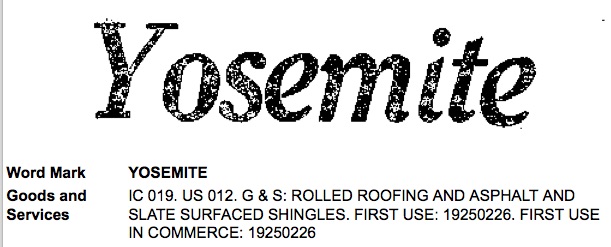
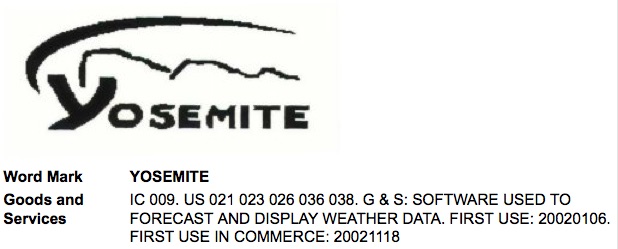
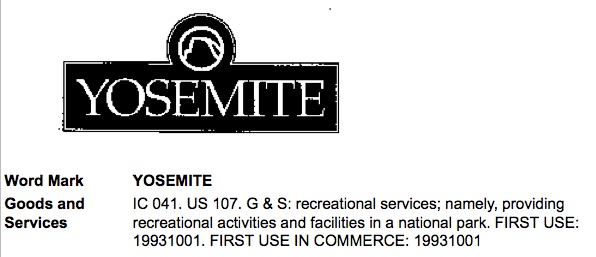
- A federally registered trademark is a trademark that has been examined and approved by the U.S. Patent & Trademark Office (“PTOâ€). If the PTO approves a trademark, the trademark may use ®. If the PTO has not approved a trademark, the trademark may use â„¢ (for goods) or â„ (for services).
- A trademark may be a word, a logo, or both.
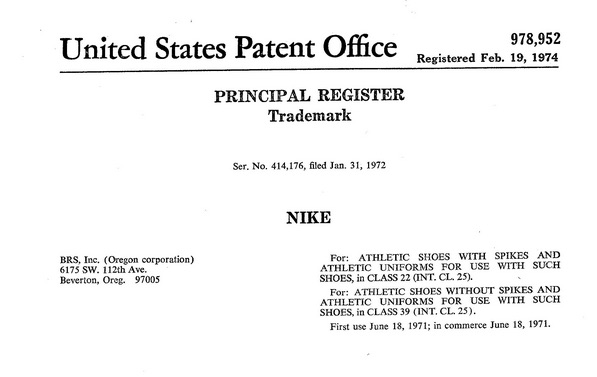
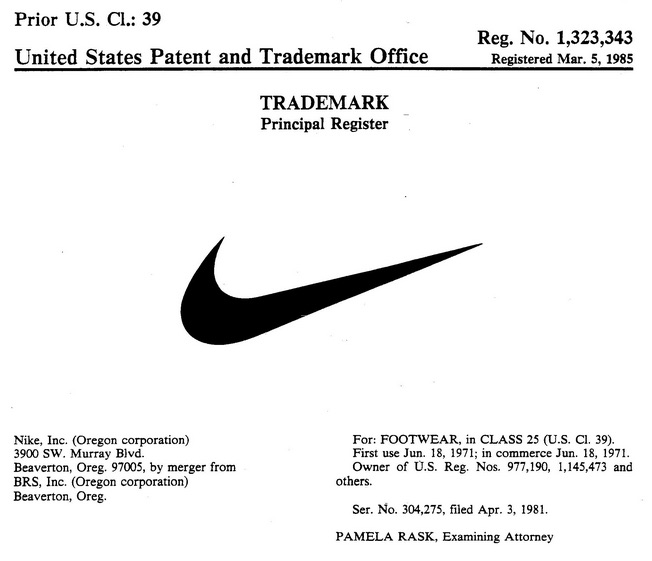
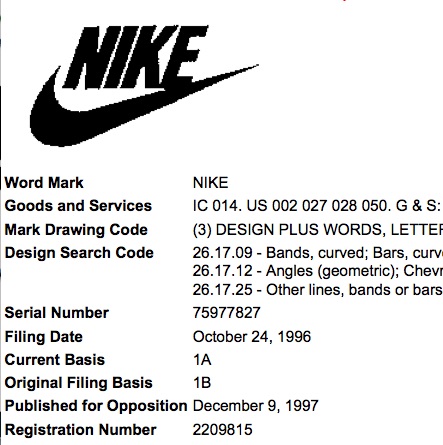
- A trademark may be fanciful, arbitrary, suggestive, merely descriptive, or generic. Fanciful, arbitrary, or suggestive marks are entitled to the highest protection under trademark law.
- A fanciful mark is a term that has been invented for the sole purpose of functioning as a trademark. marks include words that are either unknown in the language (for example, PEPSI, KODAK, XEROX) or or are completely out of common usage (for example, FLIVVER). An arbitrary trademark includes words that are in common use but, when used to identify particular goods or services, do not suggest or describe a significant ingredient, quality, or characteristic of the goods or services (for example, APPLE for computers; OLD CROW for whiskey).
- A merely descriptive mark is a term that describes an ingredient, quality, characteristic, function, feature, purpose, or use of the specified goods or services.
- A generic mark is not entitled to federal trademark registration. As its name implies, a generic mark includes terms that the public understands primarily as the common or class name for the goods or services (for example, CORNER STORE).
- A trademark can be valid indefinitely, as long as the mark is renewed at the required times.
- Tag lines can function as a trademark, as long as the tag line is specifically linked to goods or services.
- A trademark can be an important part of the portfolio of any business. Protect your business assets today by obtaining a trademark. Contact Adams Law Office for a review of your potential trademarks.
Posted in intellectual property, Trademarks
